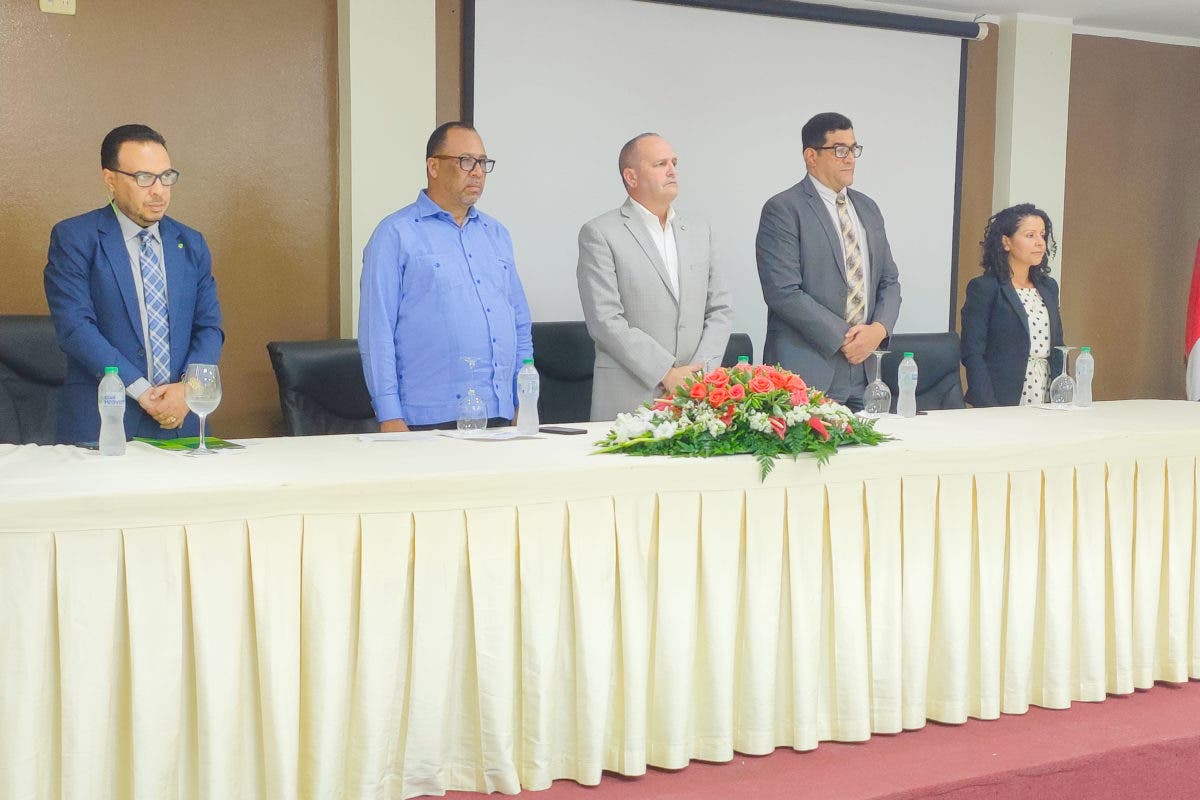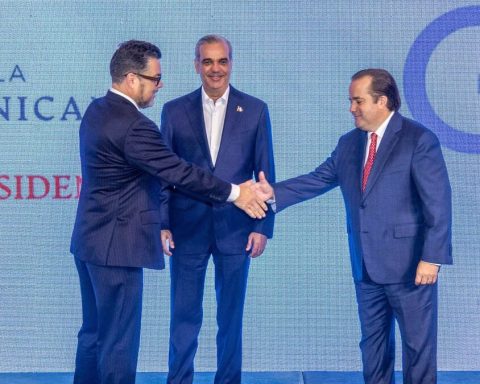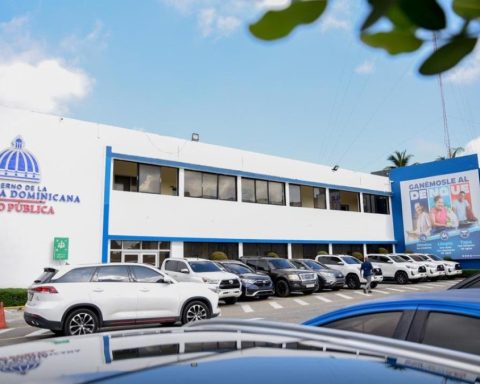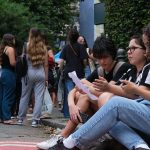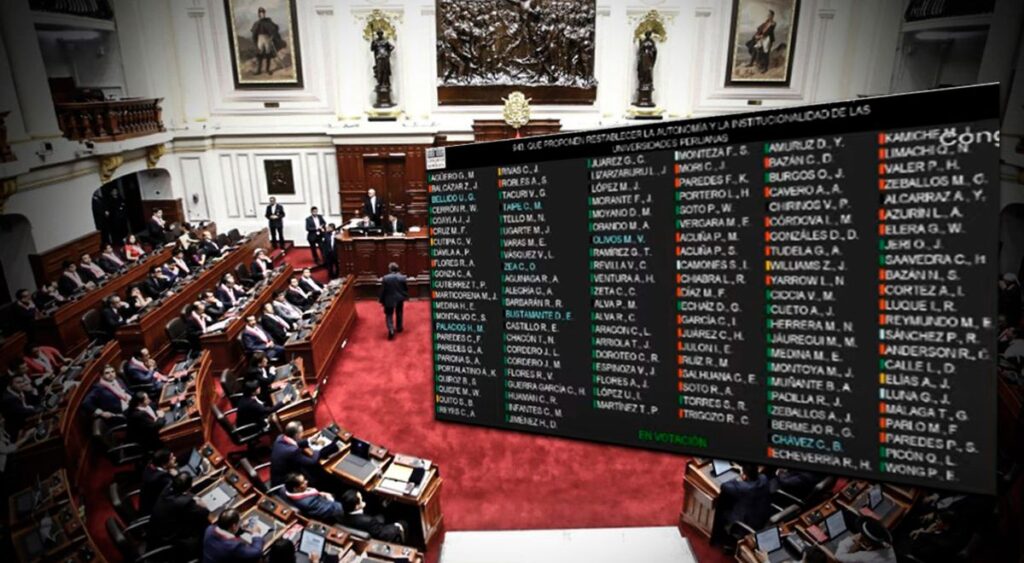Santiago Rodriguez.- The Association of Rural Savings and Credit Institutions (AIRAC) and the German Confederation of Cooperatives (DGRV), launched the program “We support, good rural living”, with which they will benefit vulnerable rural producers in the northwest region and the Sierra with comprehensive technical support through three cooperative sponsors of the program.
With the Support program, which will impact 127 groups of producers in more than 20 communities, the development of small producers will be promoted, focused on modifying the structural conditions of the rural population, in order to mitigate the economic implications that they cause. rural displacement.
This program provides a three-year accompaniment to the producers and has the support of the Cooperative Development Institute (IDECOOP), the Sierra Plan and the Institute for the Development of the Northwest (INDENOR), entities that have been working for six months with the communities .
The president of AIRAC, Alfredo Dorrejo, informed that the sponsoring cooperatives of the program are Coopsano, San José and Mamoncito, while explaining: “A team of 14 people works from today exclusively on this program that has been implemented in other countries for six years, and the technicians who groups sue for support, among which will be accountants, lawyers, marketers, engineers, veterinarians, among others”.
He also added that peasants face problems such as unprofitable prices for their crops, due to problems logistics for supply and production, distribution channels with high intermediation, competition from imported products and lack of technical and administrative training.
In this sense, he explained that one of the priorities of AIRAC’s member cooperatives will always be to promote common well-being in the communities where they have a presence, building a value chain that brings benefits to all sectors, “for this reason, among others results, this program will allow the humble producer to connect with the market, with the least possible intermediation”.
Viviana Rúa, Regional Coordinator of the project for Latin America, explained that “the German Confederation of Cooperatives (DGRV) seeks to promote local development networks as a process of articulation between organizations (cooperatives and associations), of producers to promote development rural, based on the promotion of common projects, such as marketing, joint purchases of supplies, services and regional brand development.
In this sense, Rúa added that the foregoing is achieved “through the implementation of a work methodology, with an associative approach and applied in different countries of this region, such as Costa Rica, Colombia, Ecuador, and Brazil, where the program has a presence” .
On his side, the administrator president of IDECOOP, Franco De los Santos, highlighted the institution’s commitment to Dominican cooperatives and highlighted the good management and commitment to development of cooperatives affiliated to AIRAC.
About AIRAC
The entity brings together 17 cooperatives specialized in offering savings and credit services, which it serves as an integration body and representative agent; in addition to supervising them, providing them with technical assistance, training, technology and innovation services, among others.
AIRAC, whose affiliated cooperatives have more than 1.1 million members, exceeding RD$100 billion in assets, is the only institution in the country that represents the World Council of Savings and Credit Cooperatives (WOCCU), which has its Headquarters in Madison, Wisconsin, United States of America.
The association also maintains a strategic alliance with the German Confederation of Cooperatives (DGRV).
About DGRV
The German Confederation of Cooperatives is the top-level auditing organization of the cooperative sector in Germany.
For more than 40 years, the DGRV has been dedicated to international cooperation for development. In more than 30 partner countries, the DGRV provides consultancies and helps develop cooperative systems and structures with the aim of sustainable development of the cooperative sector.
